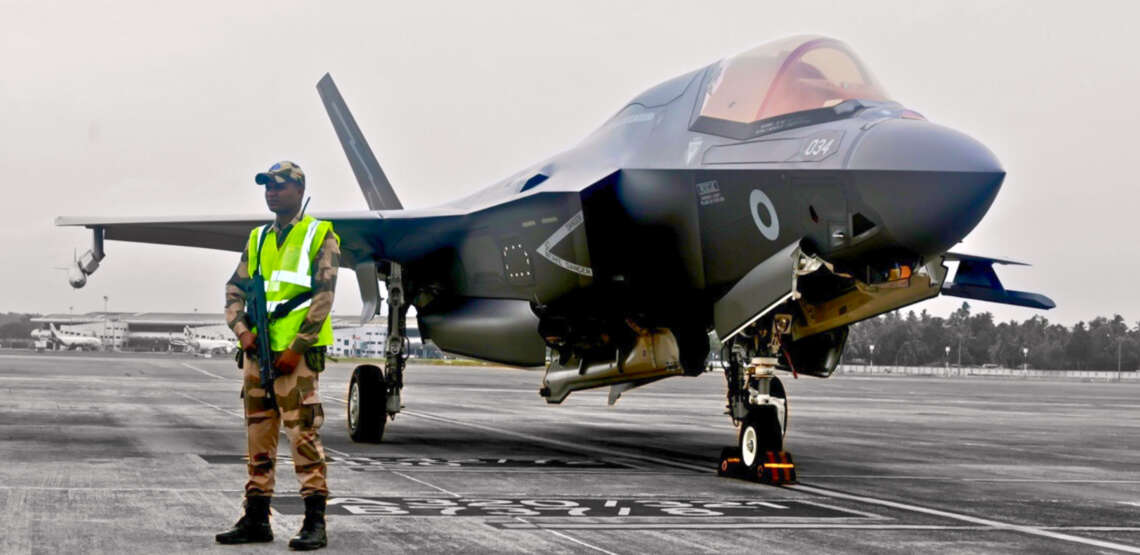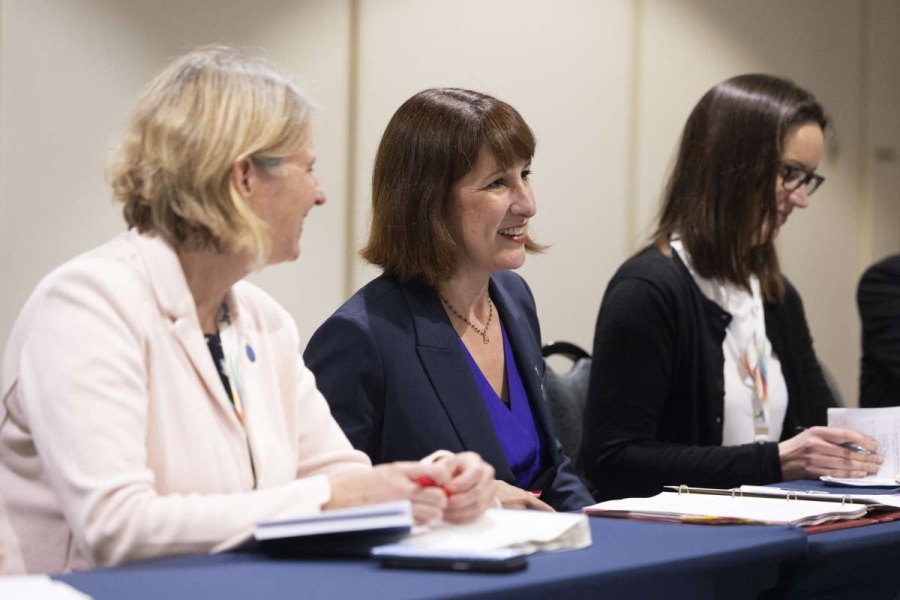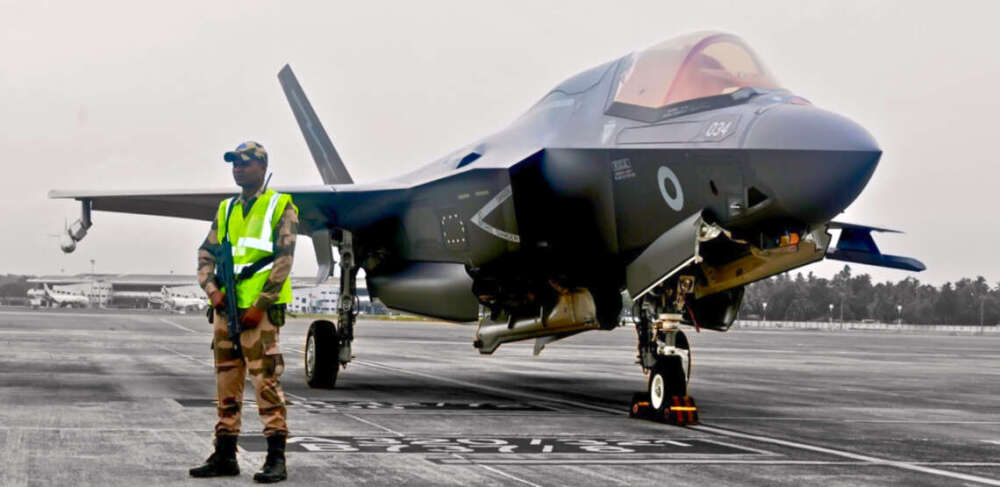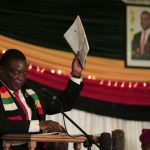The decision comes in the wake of Israel sending troops into southern Lebanon, the killing of Hezbollah leader Sayyed Hassan Nasrallah, and an Iranian missile attack on Israel…reports Asian Lite News
Britain has withdrawn the families of its embassy staff working in Israel due to the escalation in fighting between Israel and Hezbollah and the risk of a wider regional conflict.
The decision comes in the wake of Israel sending troops into southern Lebanon, the killing of Hezbollah leader Sayyed Hassan Nasrallah, and an Iranian missile attack on Israel.
“As a precautionary measure following escalation in the region, family members of British Embassy staff have been temporarily withdrawn,” the Foreign Office travel advice web page for Israel read. “Our staff members remain.”
Hezbollah rockets hit Israel’s third-largest city Haifa early on Monday as the country looked poised to expand its ground incursions into Lebanon.
Britain advises citizens against all travel to the area close to the border with Gaza and “all but essential travel” to other parts of Israel and the Occupied Palestinian Territories due to the yearlong conflict between Israel and Hamas.
But British citizens living in Israel are not being told to leave. Instead, they are being advised that consular assistance is “severely limited.”
“We recognize this is a fast-moving situation that poses significant risks,” the advice reads. “We strongly encourage you to check you and your dependents have the required documentation to travel at short notice.”
Advises against non-essential travel
Meanwhile, Britain has advised its citizens against non-essential travel to Israel due to a heightened state of tension and violent clashes in the region. The Foreign, Commonwealth and Development Office also advises against all travel in parts of northern and southern Israel, most of the West Bank, and the Gaza Strip.
“FCDO advises against all travel to the area close to the border with Gaza and all but essential travel to the rest of Israel and the OPTs,” it says in a statement.
Its website offers more specifics on areas in northern and southern Israel where it advises against all travel. The UK has advised its citizens against all travel to Lebanon since last week.
Earlier, Prime Minister Keir Starmer called on all sides in the Middle East conflict to “find the courage of restraint.”
Speaking in parliament, the UK leader emphasised that the region “cannot endure another year of this” and that “civilians on all sides have suffered too much.”
“All sides must now step back from the brink and find the courage of restraint. There is no military solution to these challenges,” AFP quoted Starmer as saying to MPs in a sombre House of Commons.
His remarks came after an earlier statement on Monday in which he honored the victims of last year’s attacks, saying: “We stand together to remember the lives so cruelly taken.” Starmer, who assumed office in early July, said that Britain “must unequivocally stand with the Jewish community and unite as a country,” in light of the recent rise in anti-Semitism across the UK.
“On this day of pain and sorrow, we honour those we lost, and continue in our determination to return those still held hostage, help those who are suffering, and secure a better future for the Middle East,” he was quoted as saying.
In his brief speech in parliament, Starmer said 15 British citizens were killed on October 7 in the attacks, and that another died while being held in captivity. The Hamas onslaught left 1,205 dead on the Israeli side, mostly civilians. Some 251 people were captured and taken as hostages to the Gaza Strip. Of those 97 are still held captive including 34 the Israeli military says are dead.
Starmer also noted that more than 41,000 Palestinians had also been killed in Israel’s military response, reiterating his calls for immediate ceasefires in Lebanon and Gaza, and more aid to be allowed into the latter.
Peter Kyle, a UK cabinet minister, did not rule out the possibility of the UK military helping Israel attack Iran, but noted any “operational decision to be taken” would be based on “delicate negotiations”.
Kyle also noted the prime minister had spoken to the UK’s allies in the last few days, including Joe Biden, Emmanuel Macron and Olaf Scholz, resulting in “unanimous” advice that Israel “must exercise restraint” in the region. However, Kyle said the UK government “can’t instruct Israel, as a sovereign state to do anything”.
Speaking on the BBC One’s Sunday with Laura Kuenssberg programme, Kyle said: “We do understand deeply what Israel has suffered in this year, but the only way forward is restraint, a ceasefire to create the space for a political solution, because this is getting more complicated. The war is deepening and it is not moving towards the peace that we need, so we are urging the steps that will take us towards that peaceful settlement”.
The prime minister, in an article for the Sunday Times, called out the “vile hatred” that had been directed towards Jews and Muslims since the 7 October attacks.













